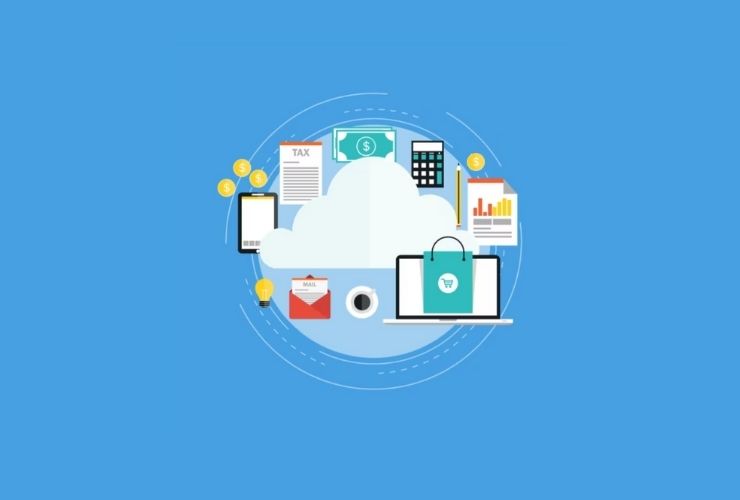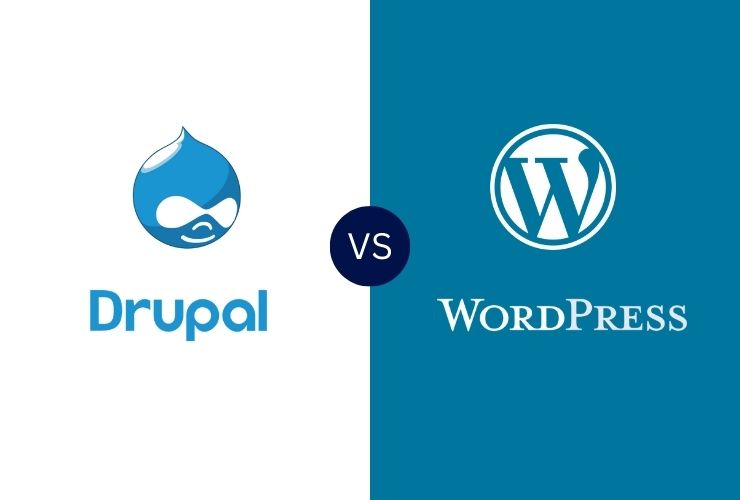In today’s highly competitive online retail environment, eCommerce businesses need smart systems that enhance customer experiences and streamline operations—more than a website. Salesforce solutions for eCommerce growth deliver this functionality. By using Salesforce to harness CRM, marketing automation, analytics and integrations, businesses are set up to improve operations, engage customers, and grow.
In this article, we will discuss the ways Salesforce can be customized and integrated to drive success across eCommerce operations, engagement, and growth.
1. Centralized Customer Data Powered by Salesforce CRM
Salesforce CRM centralizes customer data through many channels to deliver updated and relevant 360-degree insight on a buyer.
Benefits:
- Unified customer profiles to enhance segmentation and targeting.
- Personalized marketing campaigns based on past purchase, browsing behavior, and/or stated preferences.
- Improved customer service in real-time with faster and more informative resolution.
Use Case: Segment customers based on behavior and send personalized emails campaigns designed to drive repeat purchases.
Pro Tip: Use Salesforce Einstein Analytics before launching a VIP program to predict customer behaviors and identify customer segments that will deliver the highest value as VIP customers.
2. Optimized Sales & Order Management
Salesforce automates and monitors the complete sales function, from order entry to delivery.
Benefits:
- It greatly reduces manual errors and accelerates order processing.
- It allows real-time visibility into inventory and orders across numerous warehouse locations.
- It creates common workflows that enable seamless process coordination between sales, logistics, and support.
Example Use Case: Send orders automatically to a nearby warehouse and notify customers of their shipment status.
Pro Tip: The Salesforce Order Management System (OMS) can be used to manage exchanges and returns rather easily, increasing customer satisfaction and retention.
3. Automated Personalized Marketing
Salesforce Marketing Cloud allows for automated and targeted campaigns across multiple avenues, including email, SMS, social, push notifications, and more.
Benefits:
- Send personalized campaigns based on lifecycle stage.
- Monitor and optimize campaigns to maximize ROI.
- Automate abandoned cart reminders, post-purchase follow-ups, and loyalty notifications.
Example Use Case: Retarget customers who abandoned their cart with personalized offers to drive conversions.
Pro Tip: Integrate with the Salesforce CDP (Customer Data Platform) to bring behavioral data together and deliver hyper-personalized messages.
4. Comprehensive Analytics and Reporting
Salesforce provides actionable insights with customizable dashboards, reports, and predictive analytics.
Benefits:
- Track sales trends, marketing campaign efforts and customer behaviors in real time.
- Implement predictive analytics for inventory planning, pricing strategies, and seasonal promotions.
- Customize dashboards to create the most effective KPIs per department and for executive level decision making.
Use Case: Determine the best-selling products, understand how much inventory to maintain, and allocate marketing spend effectively.
Pro Tip: Use Tableau CRM (previously called Einstein Analytics) to provide unprecedented insights into the customer journey, sales funnel, and return on investment (ROI) on your campaigns.
5. Simplified eCommerce Integrations
Salesforce integrates seamlessly with leading eCommerce platforms including Shopify, Magento, WooCommerce, BigCommerce, and Salesforce Commerce Cloud.
Benefits:
- Obtain a single view of sales, inventory, and customer data.
- Automate data synchronization which reduces errors and saves time.
- Streamline operations across multiple ecommerce sites and marketplaces.
Use Case: Sync orders and customer data through Shopify and Salesforce for improved post-purchase support.
Pro Tip: Use MuleSoft or Salesforce APIs to integrate custom systems and legacy environments, while providing your business growth and scalability.
6. Improved Engagement With Customers
Salesforce allows brands to create customized experiences which builds loyalty and increases lifetime value.
Benefits:
- Product recommendations based on AI-driven insights.
- Manage loyalty programs and rewards tracking.
- Integrate with AI chat bots to resolve customer issues faster.
Use Case: Using AI-powered recommenders for upselling and cross-selling products to repeat customers.
Pro Tip: Use Einstein Recommendations on product pages and emails to increase average order value.
7. Greater Scalability with Your Growing eCommerce Business
Salesforce has a cloud-based infrastructure and can seamlessly scale with your business based on your traffic, number of orders or amount of customer interactions.
Benefits:
- Flexible cloud-based architecture to support your business as it grows.
- Easily add apps, features or integrations as business needs change.
- Multi-channel support for global expansion.
Use Case: Expand eCommerce efforts into new geographic markets without having to recommission your IT systems.
Pro Tip: Use Salesforce AppExchange to discover other third party tools that offer great shipping, payment or marketing automation.
8. Mobile Commerce Optimization
Mobile commerce maintains its status as the largest source of eCommerce traffic. Utilizing Salesforce solutions, we can guarantee your mobile experience is hassle-free.
Benefits
- Storefronts and applications designed for mobile.
- Personalized mobile messaging and push notifications.
- Real-time analytics to track mobile performance.
Use Case: Launch a mobile loyalty app to boost engagement by tracking points and offering customer-specific discounts.
Pro Tip: Utilize Salesforce Mobile SDK to design an application specifically for your store and drive engagement, retention and repeat treatments.
9. Omnichannel Customer Service
By implementing Service Cloud into your eCommerce strategy, you are ensuring customers receive quality support in all touchpoints.
Benefits
- Unifying the support tickets in the service console whether it be via chat, telephone, email or social media.
- AI powered chatbots can answer frequently asked questions in an instant.
- Data-driven insights will help you provide better service to customers and offer better products.
Use Case: Customers are able to track purchases, submit returns and chat with support all through one strategy.
10. Ongoing optimization through AI and automation
Salesforce is equipped with AI, including Einstein AI, to automate routine tasks and provide predictive insights.
Benefits:
- Automated product recommendations and personalized information marketing.
- Predictive insights on how to appropriate inventory, pricing and marketing campaigns.
- Manual work for repetitive tasks is reduced.
Use Case: Automatically suggest related products when customers checkout based on habitual purchase patterns.
Conclusion
Salesforce solutions tailored for eCommerce growth empower businesses to streamline operations, enhance customer engagement, and increase sales. From centralized CRM and marketing automation to analytics, integrations, and AI-driven personalization, Salesforce provides the tools necessary to thrive in a fast-paced online market.
By leveraging these capabilities, eCommerce businesses can:
- Optimize current operations for efficiency and accuracy.
- Deliver hyper-personalized experiences that boost loyalty and conversions.
- Scale effortlessly to meet growing demand across channels and regions.
- Build a foundation for long-term sustainable growth and customer retention.
In short, Salesforce is not just a CRM—it’s a comprehensive growth engine for modern eCommerce businesses.













 Database Development
Database Development












































